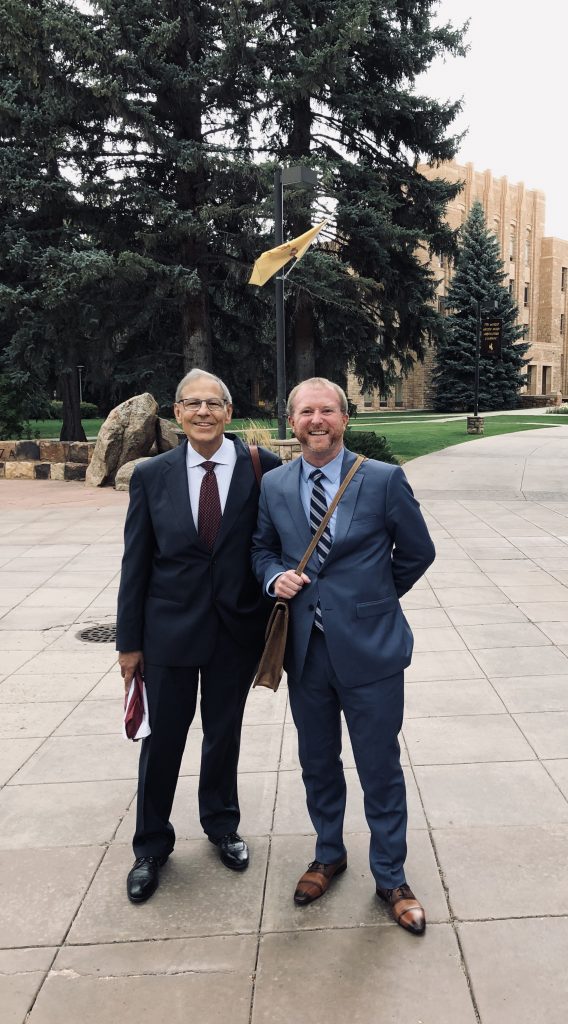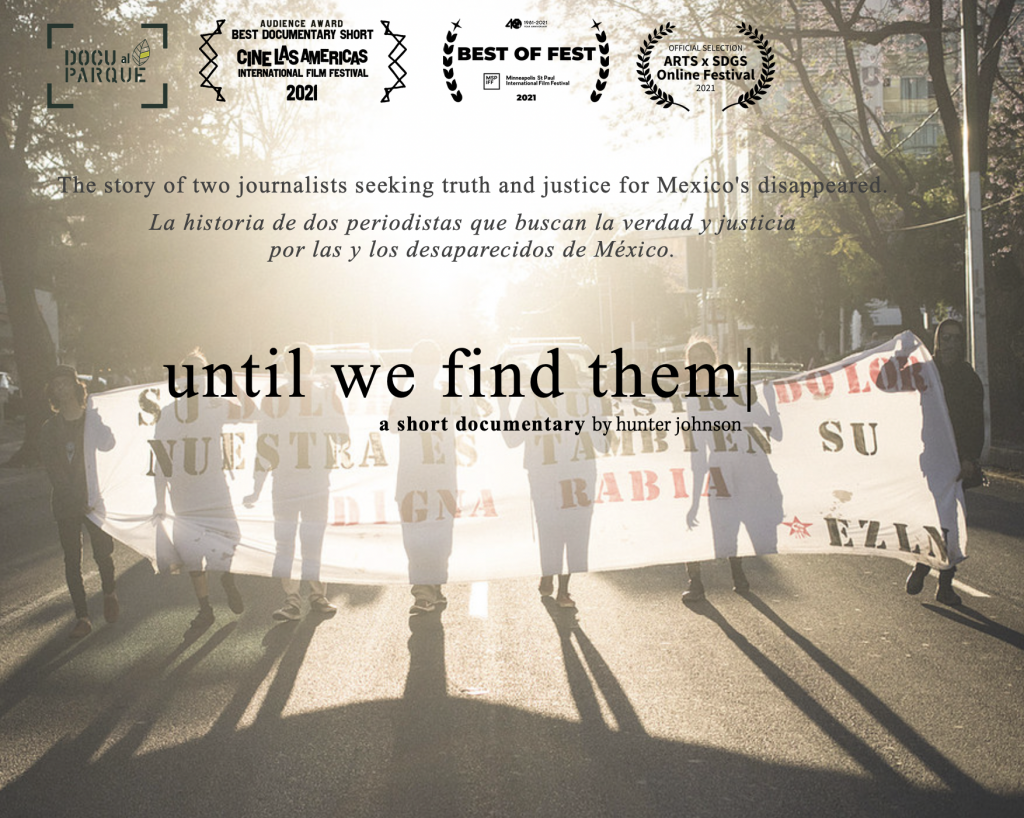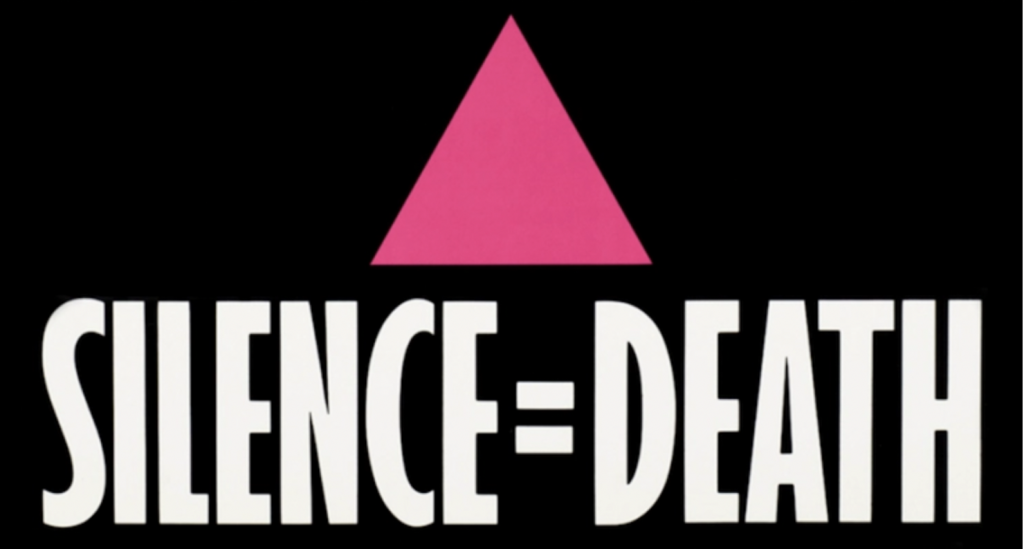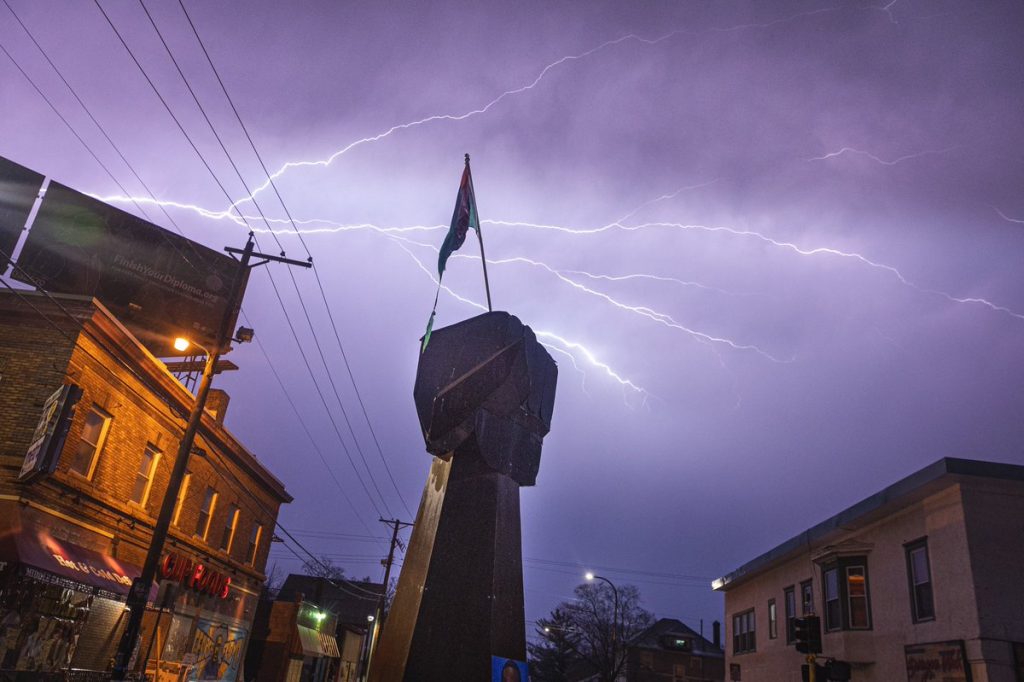Eric D. Weitz’s untimely passing on Thursday, 1 July, sent shockwaves throughout the academic community. A distinguished professor of Modern European History at City College of New York, Eric was among the foremost researchers on human rights, the Armenian Genocide, Nazi Germany and the Holocaust, settler-colonial genocide in German Southwest Africa, and Weimar Germany.




